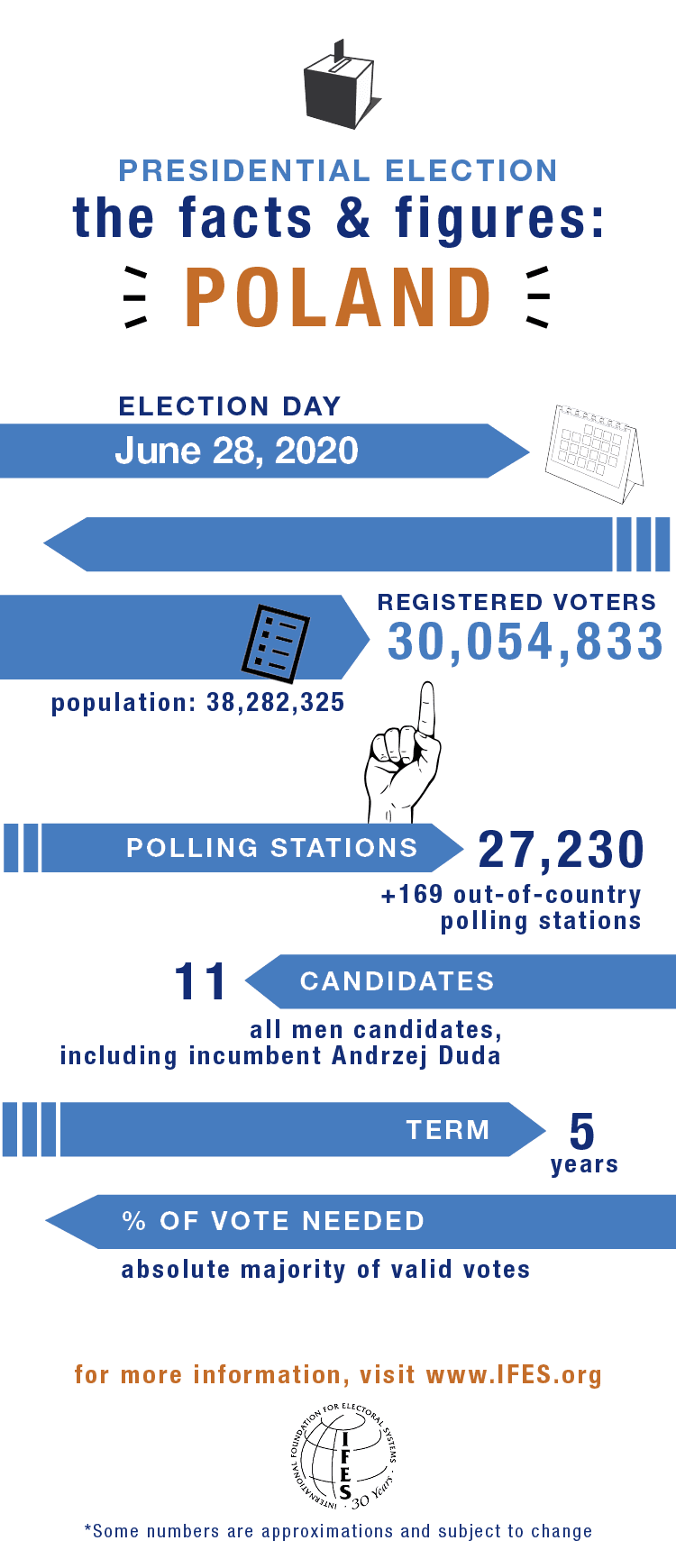Egypt has openly voiced its strong opposition to a proposal by former U.S. President Donald Trump that aims to relocate Palestinians from Gaza as part of a broader strategy to address tensions in the region. The plan, which involves the potential mass exodus of Palestinians into neighboring territories, has already triggered preparations on the part of Israel, sparking widespread resistance from various stakeholders.
The Trump administration’s proposal, while framed as a pragmatic solution to alleviate conflicts linked to Gaza, has been met with staunch resistance from Egypt. Egyptian officials, led by President Abdel Fattah El-Sisi, have warned that the plan could destabilize the region and strain relations among neighboring countries. The proposal reportedly envisions the transfer of a significant portion of Gaza’s population to other countries, reigniting fears of forced displacement and the erasure of Palestinian claims to their historical and territorial rights.
Egypt’s vigorous opposition has materialized in the form of a diplomatic blitz conducted through back channels and clear public declarations. Cairo has explicitly rejected any insinuation that it would host displaced Palestinians, emphasizing the social, economic, and political pressures such an influx would impose on the nation. The move marks a significant turning point in the broader Arab consensus, with Egypt, Jordan, and other states aligning to resist initiatives that are perceived as imposing a unilateral decision without regional endorsement.
On the ground, Israel has proceeded with specific measures aimed at potentially facilitating population movement to implement the plan. These efforts have been justified by Israeli authorities as preparation to ensure regional security, though the extent and specifics of this preparation remain under scrutiny. Reports from international monitors suggest that these measures have heightened tensions, sparking protests in Gaza and condemnation from human rights organizations.
President El-Sisi has underscored the high stakes for Egypt, particularly concerning its longstanding peace agreement with Israel, which could come under strain as a result of the Trump administration’s proposals. Sisi’s administration has also highlighted the broader implications for regional stability, given the strained relations that have characterized Middle Eastern geopolitics for decades. The Egyptian leader has argued that displacing Palestinians would significantly alter the demographic landscape and exacerbate existing tensions between Arab states and Israel.
Meanwhile, the international community has begun deliberating over the proposal’s long-term consequences. The United Nations and various humanitarian organizations have raised alarms about the potential for a new refugee crisis in a region already grappling with displaced populations. The humanitarian toll and logistical challenges of relocating millions of people from Gaza to neighboring territories have led many to conclude that the plan would ultimately prove unsustainable.
Arab nations, including Egypt and Jordan, have cited these concerns in rallying opposition to the American-backed proposal. Popular sentiment within these countries reflects broader dissatisfaction with international efforts perceived as undermining Palestinian claims while marginalizing regional voices. Jordanian officials warned that accepting a massive influx of Palestinians would severely burden the country, which already accommodates a large number of refugees.
Regardless of Egypt’s objections, Israeli preparations continue, and Trump’s past influence on U.S. foreign policy casts a long shadow. Observers note that the international landscape regarding Middle Eastern policy has shifted, though not necessarily towards a resolution that aligns with the aspirations of all stakeholders.
Amid mounting criticism, Egyptian diplomats have sought to galvanize the Arab League and other international actors into developing alternative frameworks aimed at addressing Gaza’s challenges without resorting to displacement. Analysts point to the challenges inherent in such a task, given the sheer complexity of the Israeli-Palestinian conflict and the multiplicity of actors involved.
Humanitarian concerns remain central to the public discourse around the Trump plan. For millions of Palestinians who call Gaza their home, the potential relocation raises existential questions as they grapple with an uncertain future. Critics of the plan argue that rather than resolving underlying issues of conflict, it exacerbates them, by displacing communities and fostering further animosity.
As of now, efforts by Egypt and its allies to halt the plan’s momentum represent a critical juncture in the Middle East peace process. Whether the Trump plan is ultimately implemented will likely hinge on a confluence of international pressures, local resistance, and diplomatic negotiations. The world watches closely as the region navigates historic challenges that will shape outcomes for generations to come.


